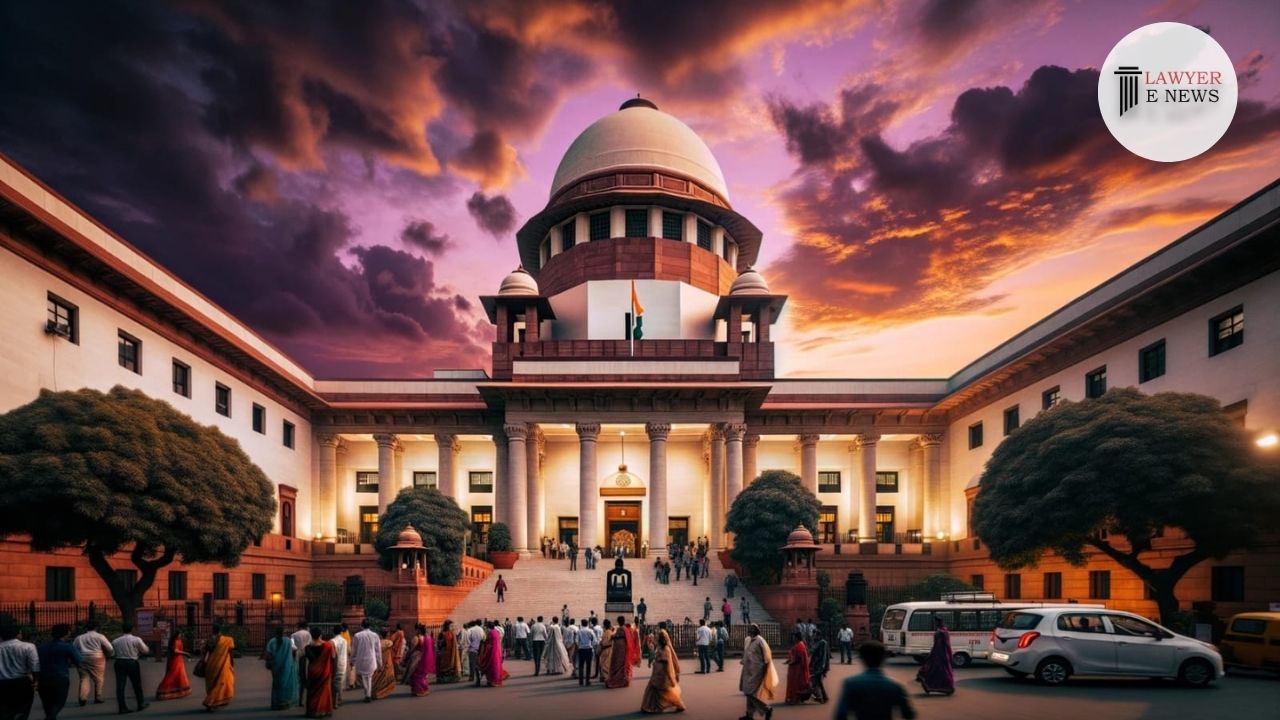-
by sayum
14 February 2026 2:22 PM



In a landmark judgment, the Supreme Court has acquitted Jagvir Singh, who had been previously convicted of murder under Section 302 read with Section 34 of the IPC. The Apex Court’s bench comprising Justices B.R. Gavai and Sandeep Mehta found critical inconsistencies in the eyewitness accounts which led to the acquittal.
Legal Context: The judgment arose from an appeal against the decision of the Allahabad High Court, which had affirmed the trial court’s conviction of Singh for the alleged murder of Sanju. The primary evidence against Singh was based on eyewitness testimony, which the Supreme Court scrutinized thoroughly.
Facts and Issues: The case involved the fatal shooting of Sanju, alleged by the prosecution to have been carried out by Singh and another accused, Omkar, from the roof of Omkar’s house. Eyewitnesses claimed they saw the accused firing at the victim. However, these accounts were challenged on the grounds of physical and logical improbabilities.
Eyewitness Credibility: Justice Mehta, in his judgment, pointed out that the so-called eyewitnesses, including Ram Prakash (PW-1), Sultan Singh (PW-2), and Ram Naresh (PW-5), provided testimony that conflicted with the physical layout and possibilities of the site where the murder took place.
Physical Impossibilities: The court noted discrepancies such as the distance between the locations of the accused and the victim at the time of the shooting, which made it improbable for the eyewitnesses to see the incident from their claimed positions.
Inconsistencies in Testimony: The testimonies of the witnesses were found to be at variance with each other and with the physical facts of the case. For instance, some witnesses claimed to have seen the shooting from positions where visibility of the event was impossible.
Unreliable Narratives: The Apex Court found that the narrative constructed by the prosecution was filled with inherent improbabilities that rendered the eyewitness testimonies unreliable.
Decision: The Supreme Court, citing the principles laid down in Selveraj v. State of Tamil Nadu, concluded that the eyewitness accounts were not credible and acquitted Singh. The Court underscored the importance of reliable evidence in criminal trials, especially when the liberty of the accused is at stake.
Date of Decision: May 7, 2024.
Jagvir Singh vs. State of U.P.
